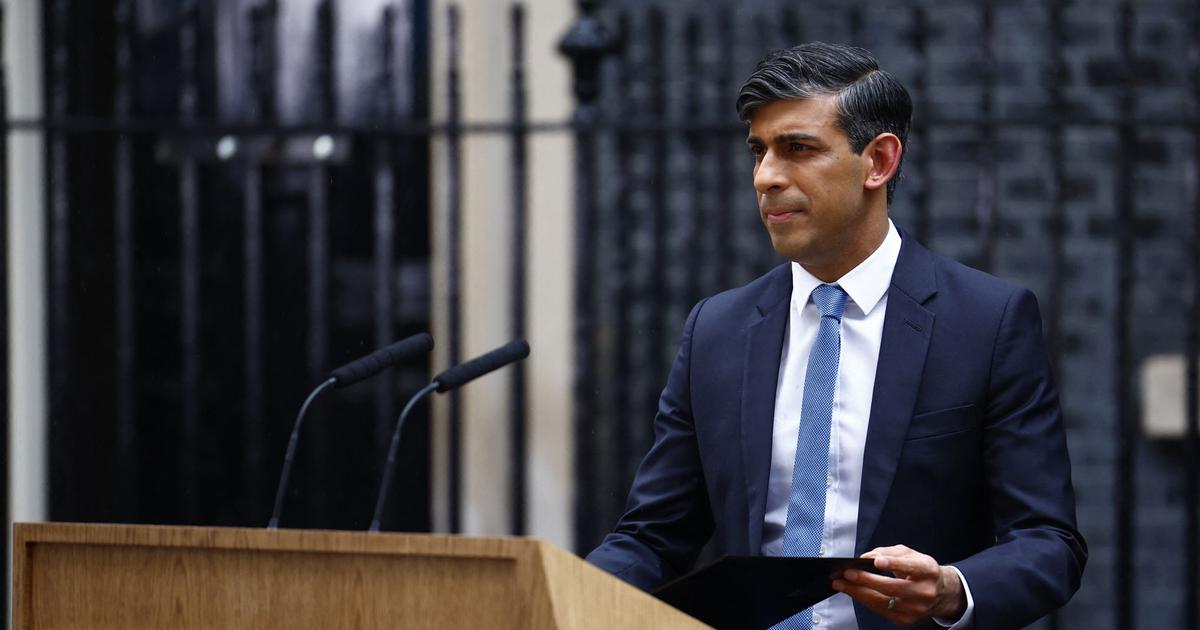Renewed Push for Military Service in Europe: Different Approaches by the UK and Germany
Two European nations, the United Kingdom and Germany, are facing similar challenges of military personnel shortages but are adopting distinct strategies to address the issue. The British government, led by Prime Minister Rishi Sunak, seeks to reinstate compulsory national service, while Germany's approach under Defense Minister Boris Pistorius revolves around voluntary service incentives.
Rishi Sunak has revitalized the debate on compulsory national service as part of his electoral campaign. His initiative mandates that every 18-year-old Briton choose between serving in the armed forces or committing to civilian volunteer work. This latter option includes spending twenty-five days annually aiding institutions like the NHS, fire services, police, or charitable organizations. Sunak's goal is to 'give young people a common goal' and foster a renewed sense of civic duty. However, this proposal has met with mixed reactions, even within his party.
In Germany, the Bundeswehr faces a critical shortfall of recruits. The Federal Defense Minister, Boris Pistorius, has ruled out the return of compulsory military service and instead, proposes enhanced voluntary service driven by incentives. This model includes attractive benefits such as free driver's licenses, easier access to higher education, student loan discounts, and free language courses to draw young people into military service.
The Financial and Logistical Hurdles Ahead
Implementing these different strategies comes with substantial financial and organizational hurdles for both nations. In Germany, estimates suggest that a 'light conscription' model would require over 500 new administrative roles and could cost up to 160 million euros annually. Infrastructure changes would be necessary to accommodate new medical and administrative requirements.
Reports also indicate internal skepticism in Germany regarding the feasibility of Pistorius' plans. Moreover, the broader political landscape shows an aversion to reinstating mandatory service. Figures like Chancellor Olaf Scholz and Bundeswehr officials highlight that modern challenges significantly differ from the past, making traditional conscription less practical.
In the UK, while no specific financial projections have been released, the proposal is expected to face its own set of challenges. Critics argue about the effectiveness and public reception of such a sweeping policy change, representing a significant departure from current practice.
- Both the UK and Germany understand the importance of appealing to young people in a rapidly evolving workforce. Hence, incentives such as educational benefits and career opportunities are being prioritized.
- For Germany, the labor market's competitive nature means that voluntary military service needs to offer perks that can rival civilian job opportunities. The incentive-based voluntary model aims to make the Bundeswehr an attractive option for youth weighing multiple career paths.
- In the UK, the return of compulsory national service serves a dual purpose: filling the ranks of the military and fostering a sense of national unity and civic responsibility among the youth. However, balancing these objectives with public opinion and political feasibility will be crucial to its success.






